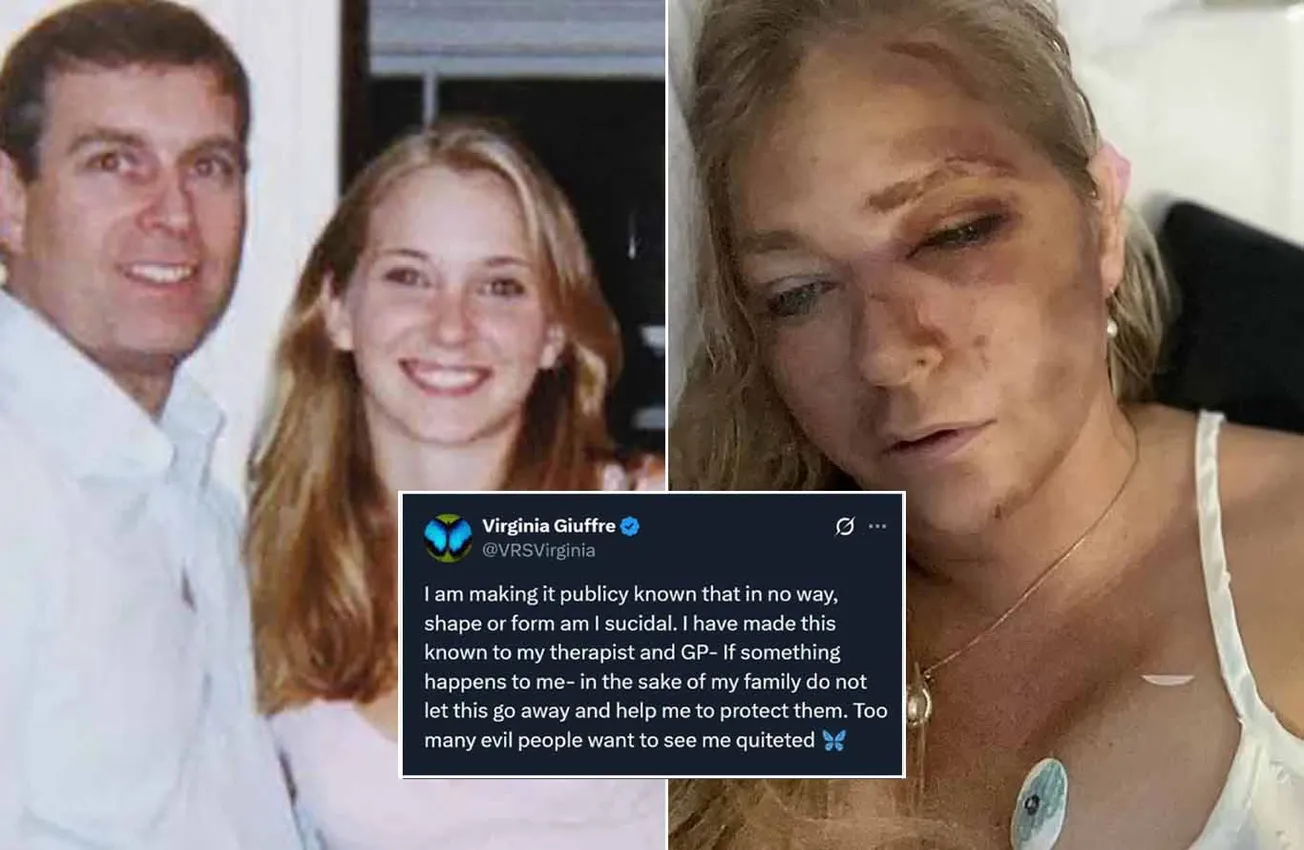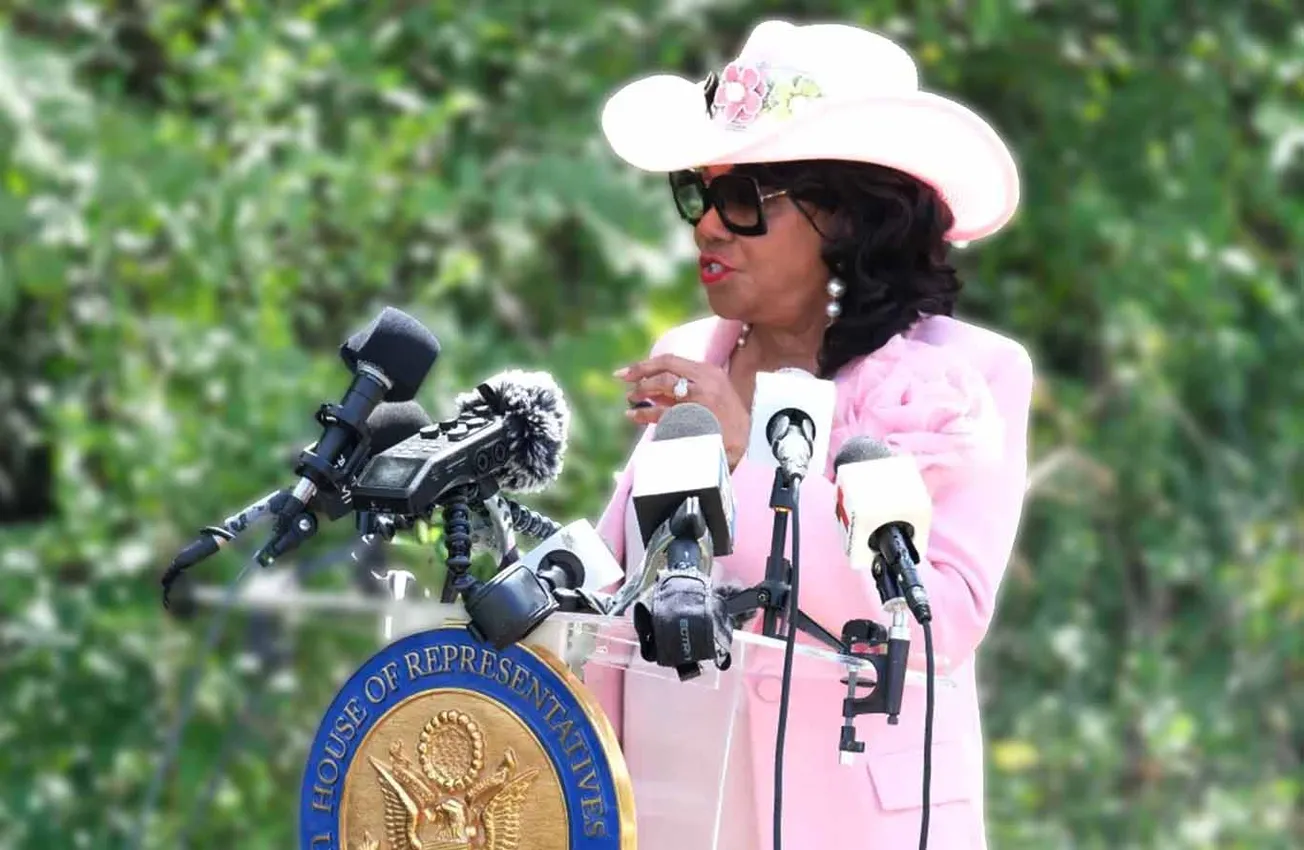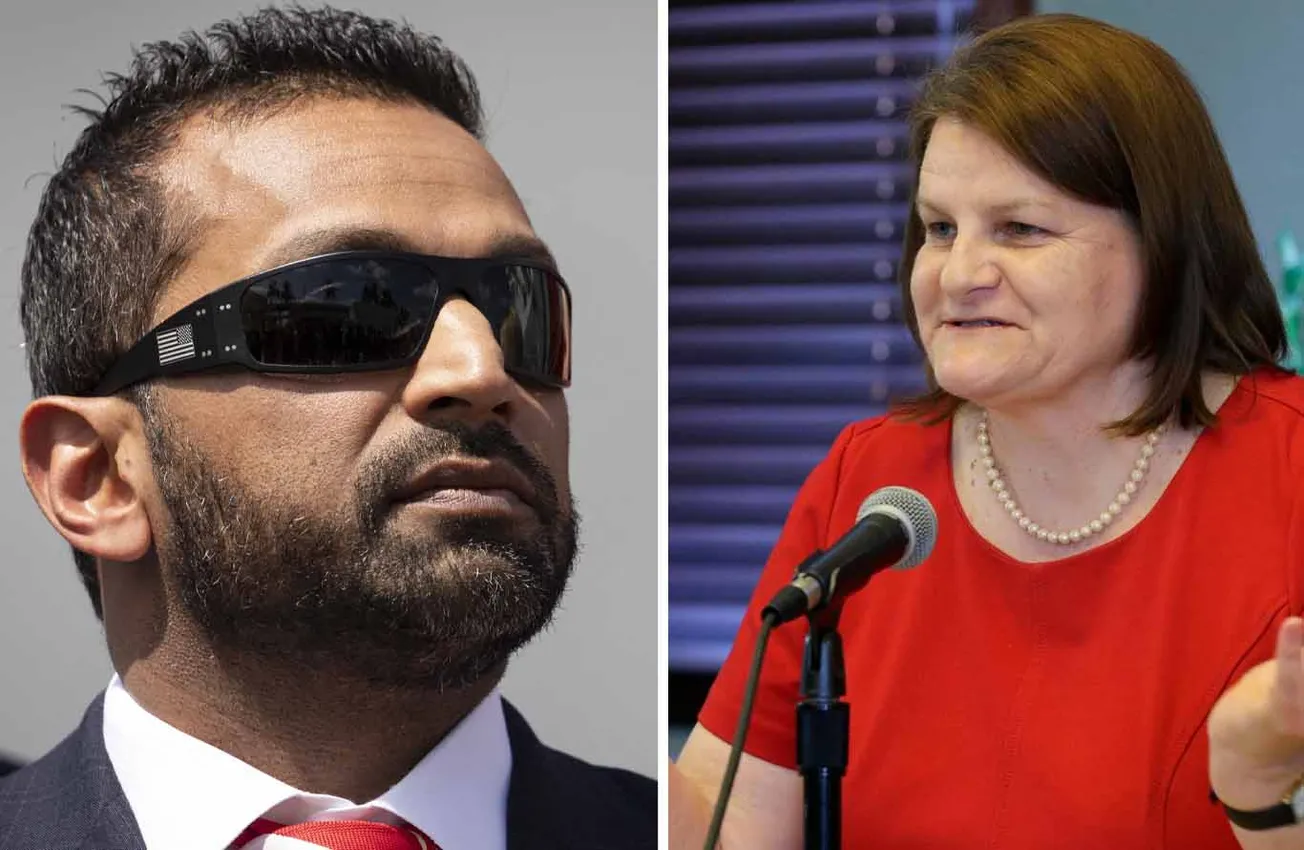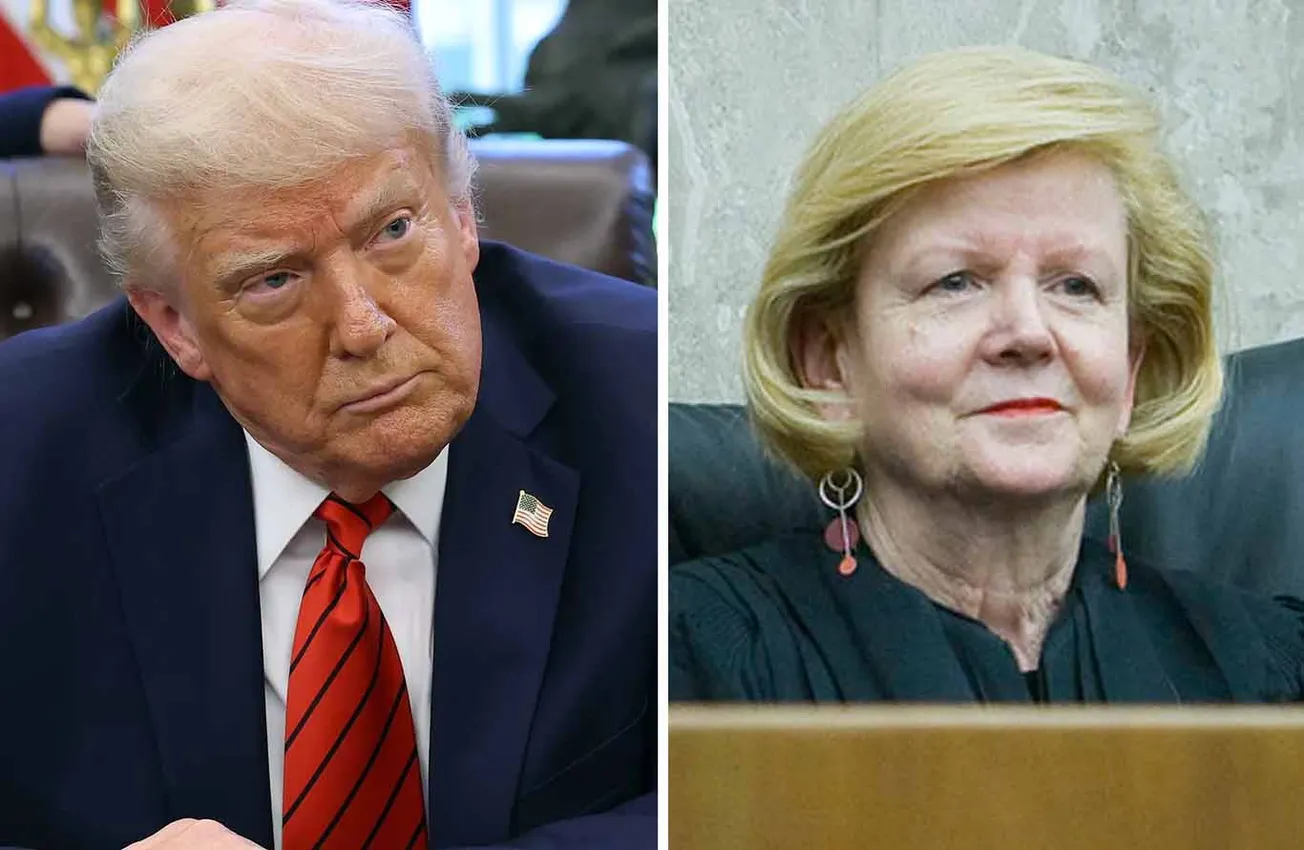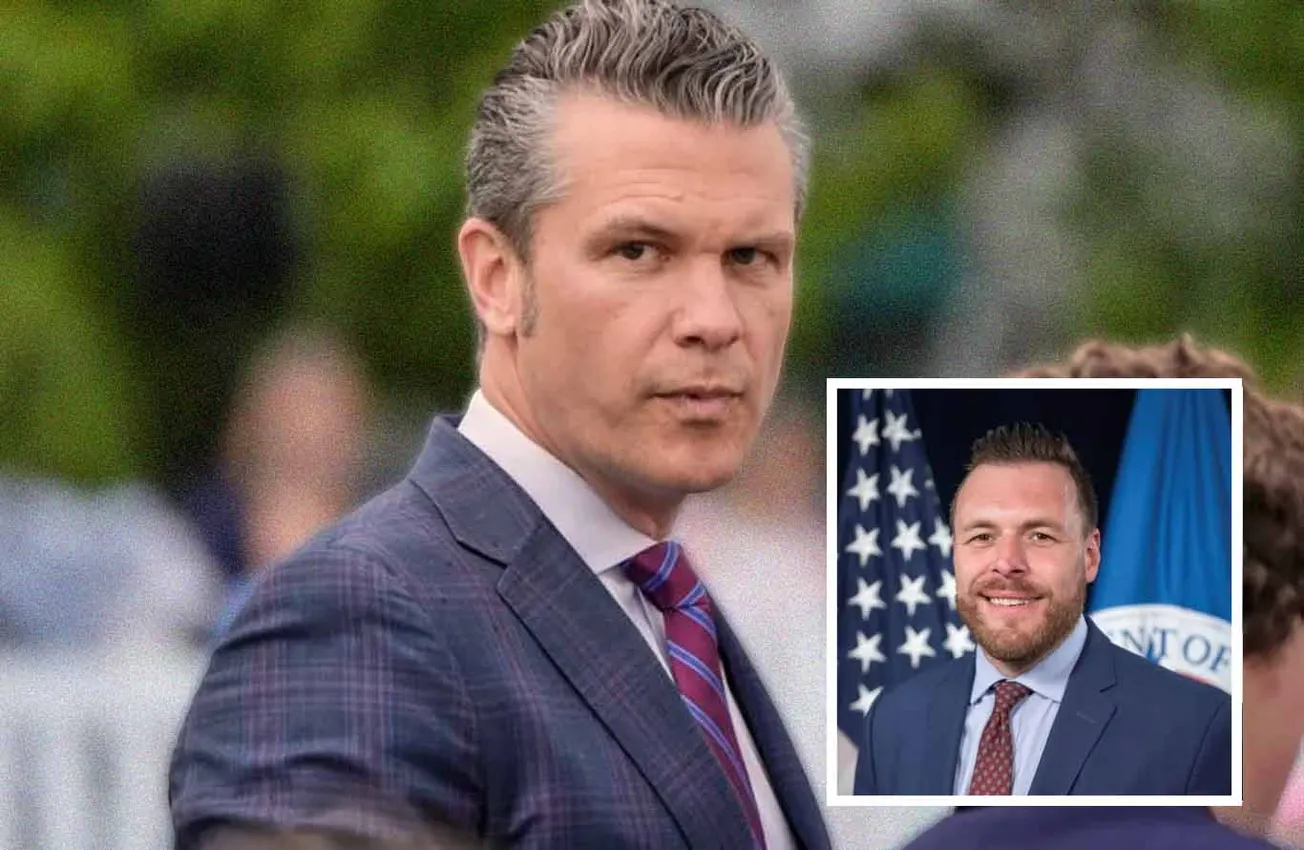On January 20, 2025, President Donald Trump issued pardons to over 1,500 individuals convicted or charged in connection with the January 6, 2021, Capitol riot. This unprecedented act of clemency has sparked debates across the nation, but for the families and loved ones of those released, it has brought long-awaited relief and reunification.
A Fresh Start for Many
The pardons have been life-changing for those who spent years separated from their families. Phillip Anderson highlighted one such reunion, sharing on X, “J6 hostage Jalise Middleton has been released from prison. Both Jalise and Mark Middleton were wrongfully attacked by Capitol police and then wrongfully convicted of felony charges. It was the most heartbreaking thing to witness.” The Middletons’ release marks the end of a painful chapter for their family.
Peter Schwartz from Kentucky, another January 6 defendant, shared his gratitude on social media: “What do you do when you’re a J6er and you have just been released from prison after 4 long years? Go to @innoutburger_!! Thank you @POTUS for the pardon!” His post resonated with supporters and highlighted the joy of simple pleasures after years of incarceration.
Brent Bozell also shared a heartfelt moment on X, celebrating the release of his son and others: “My son Zeeker (far left) and 6 of his J6 buddies released from captivity last night. He is home with his wife and three girls this morning. Thank you, Mr. President.” The reunion brought closure to years of anguish for his family.
My son Zeeker (far left) and 6 of his J6 buddies released from captivity last night. He is home with his wife and three girls this morning.
— Brent Bozell (@BrentBozell) January 21, 2025
Thank you, Mr. President. pic.twitter.com/P4WcJD9hRy
The Emotional Weight of Reunions
The release of these individuals has been a deeply emotional experience for their families. Many expressed gratitude not only for the pardons but also for the opportunity to rebuild their lives. For the Middletons, Schwartz, and Bozell families, the pardons symbolize a second chance to restore normalcy and heal from the trauma of separation.
While the celebrations are heartfelt, the road ahead remains challenging. Many of those released face reintegration into a society that remains polarized over the events of January 6. Public scrutiny and the lasting impact of incarceration will require resilience and community support.
Pardons and Commutations of the Proud Boys and Oath Keepers
Among the most high-profile individuals pardoned or granted commutations were members of the Proud Boys and Oath Keepers, groups whose leadership played significant roles in the January 6 riot. These decisions have drawn both praise and sharp criticism.
Enrique Tarrio, the former leader of the Proud Boys, was serving a 22-year sentence for seditious conspiracy when he received a full pardon. Tarrio’s family expressed relief and gratitude for his release, stating that they were eager to rebuild their lives after years of separation. Similarly, Stewart Rhodes, founder of the Oath Keepers, saw his sentence commuted. Rhodes had been convicted of seditious conspiracy and other charges and was considered one of the key orchestrators of the events that unfolded at the Capitol.
Other prominent figures who received clemency included Ethan Nordean, Joseph Biggs, and Dominic Pezzola of the Proud Boys. Their sentences were also commuted, allowing them to return home to their families. The decisions were framed by President Trump as necessary steps to address what he described as overzealous prosecutions that unfairly targeted political dissenters.
In his official statement, Trump argued, “These individuals were swept up in the heat of the moment and unfairly vilified as enemies of the state. While mistakes were made, these sentences were disproportionate and politically motivated.”
Critics, however, see the pardons and commutations for these group leaders as deeply problematic. Legal analysts and lawmakers have raised concerns that such clemency undermines accountability and could embolden similar actions in the future. Senator Amy Klobuchar described the pardons as “an alarming signal that political violence can be forgiven if it aligns with certain agendas.”
For the families of these individuals, however, the focus is not on politics but on healing and reuniting. “We’re just thankful to have him home,” said a family member of one of the pardoned leaders. “Now we can focus on moving forward.”
🚨BREAKING: J6 hostage Jalise Middleton has been released from prison. Both Jalise and Mark Middleton were wrongfully attacked by Capitol police and then wrongfully convicted of felony charges. It was the most heartbreaking thing to witness. pic.twitter.com/Rt3pdAr54H
— Philip Anderson (@VoteHarrisOut) January 21, 2025
A Controversial Decision
President Trump’s sweeping pardons have reignited debates about justice, accountability, and forgiveness. Supporters view the decision as a necessary corrective for what they see as overly harsh sentences and politically motivated prosecutions. Critics, however, argue that the pardons undermine the rule of law and set a troubling precedent.
Despite the controversy, the human stories of those affected by the pardons bring a personal dimension to the broader debate. The reunions and expressions of gratitude underscore the profound impact these decisions have on individual lives.
Looking Ahead
For the families of those pardoned, the focus is now on rebuilding. From small acts like enjoying a burger at In-N-Out to reconnecting with loved ones at home, these moments mark the beginning of a new chapter. The journey ahead may be complex, but for those released and their families, the priority is clear: moving forward together.
The January 6 pardons are a reminder of the profound human consequences of political and legal decisions. As the nation continues to grapple with the legacy of January 6, these stories of reunification and resilience offer a glimpse of hope amid division.
Please leave your opinions / comments on these stories below, we appreciate your perspective!


